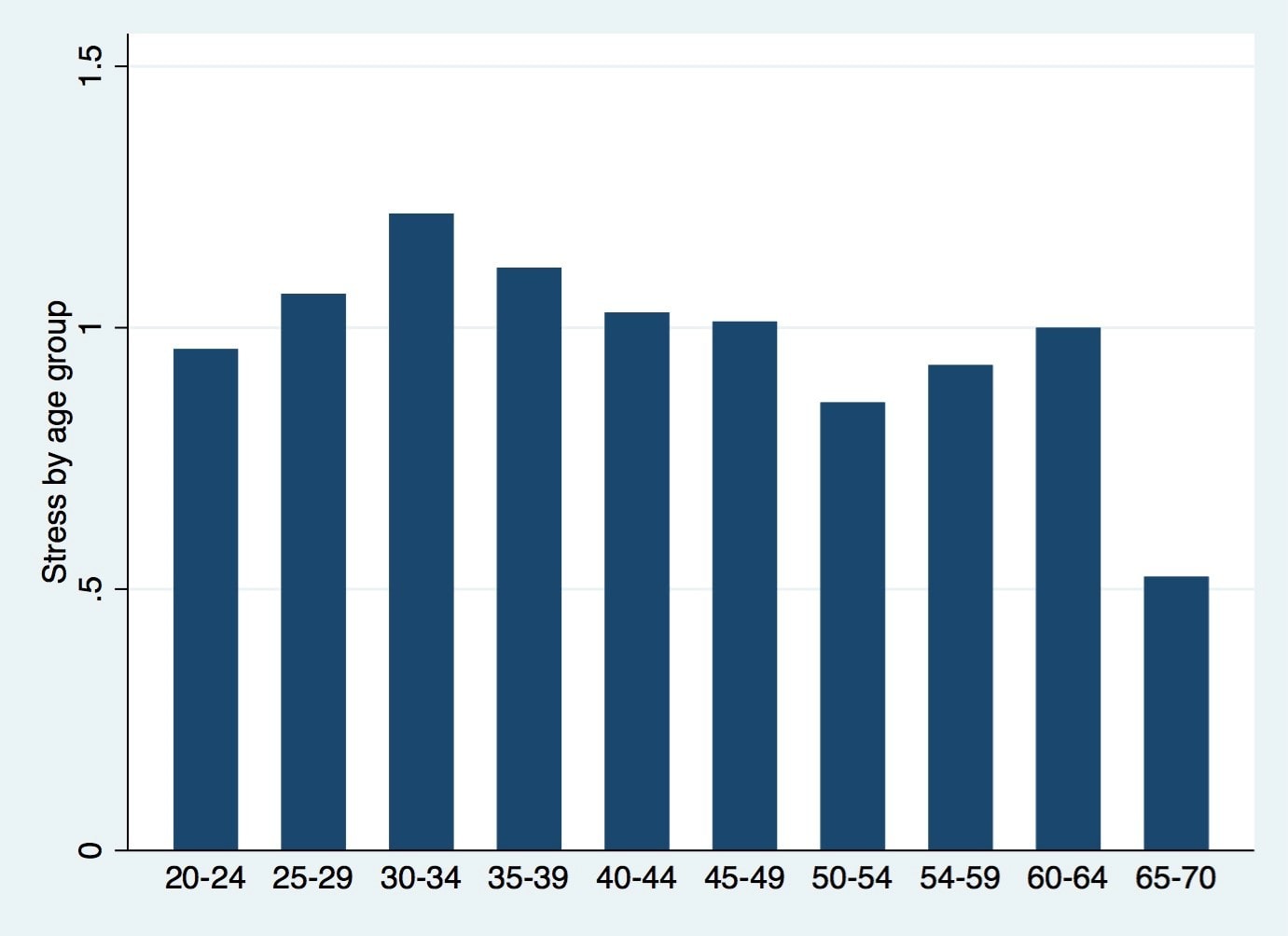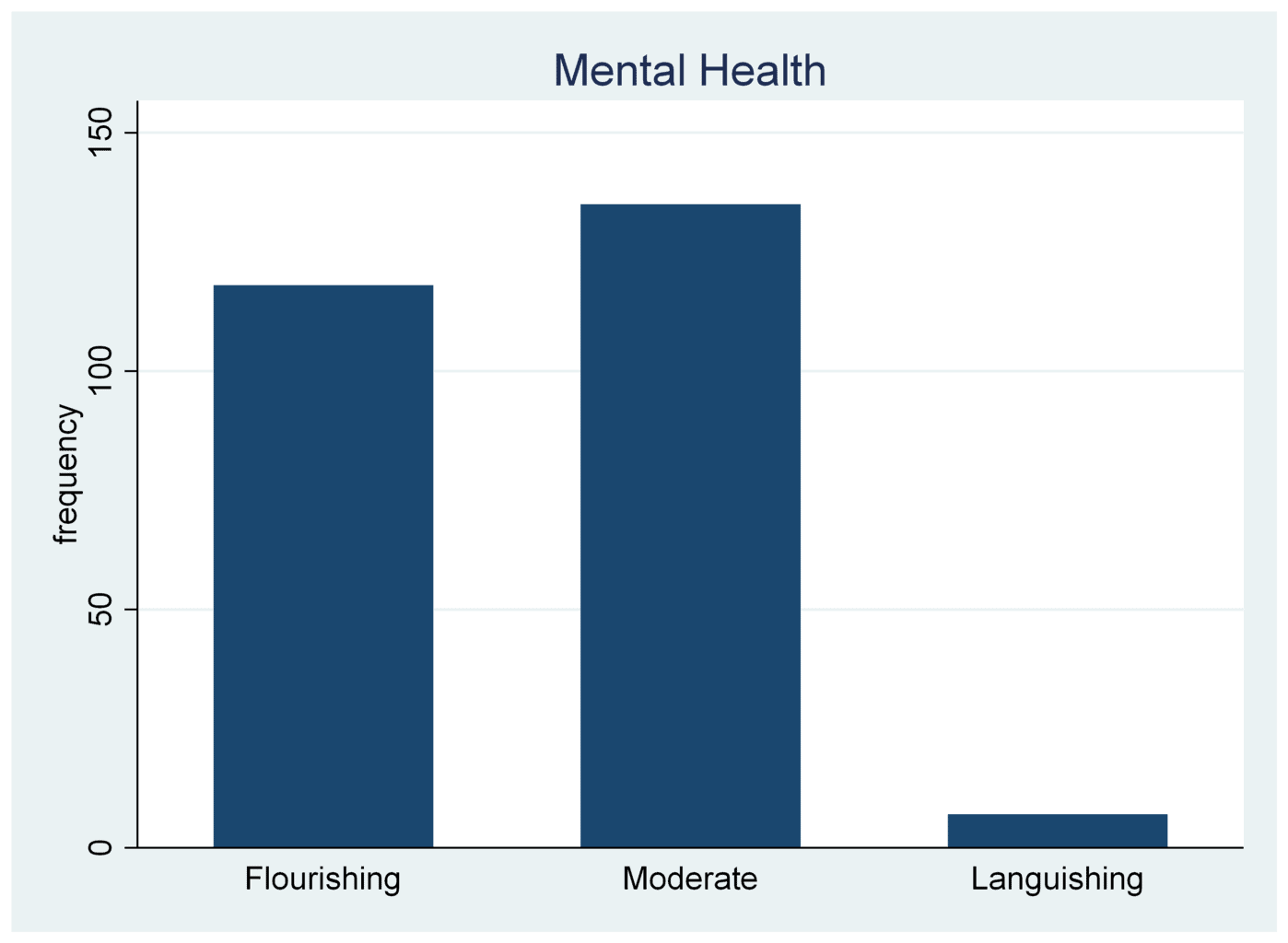
Accountants employed by consulting or law firms, along with young women, are reporting higher levels of workplace stress.
Accountants are a relatively carefree bunch, but young accountants and those on an upwardly mobile trajectory may want to consider taking steps towards managing their stress levels to improve their overall health.
Research conducted by the Monash Business School looked at levels of stress and wellbeing. Perhaps not surprisingly, those working for consulting or law firms reported significantly lower well-being scores and similarly higher levels of stress.
Accountants working for retail companies enjoy the highest levels of wellbeing and lowest levels of stress.
Women more at risk
Dr Carly Mourlang from Monash Business School’s Department of Accounting says the results were good, but she was surprised by the significant number of stressed young women.
“Women in the 30-34 age group reported significantly higher levels of stress when compared to men,” Dr Moulang says. “Younger women may have additional stressors such as child care and other distractions that make it more stressful for them at the beginning of their careers.
“Feasibly, older women have settled into a work-life balance through experience and do not display the same levels of stress.”
The survey showed a negative correlation between respondent’s work experience and stress levels – the more experience, the lower perceived stress. So the research shows younger, less experienced accountants exhibited more stress than older, more experienced accountants.

General mental health
Looking at more general mental health issues, the survey showed age and years of work experience did not differ significantly between those with flourishing and languishing mental health.
Monash Business School’s Dr Xinning Xiao, says the results are quite positive for the profession.
“On the whole, this appears to be excellent news for the accounting profession and reflects a very positive view of their mental health,” Dr Xinning says.
Psychological, social and emotional health was also measured.
Surveying 260 of Australia’s professional accountants the study included those who held a professional membership or had at least five years of accounting experience.
Average accountant wellbeing
So what does the wellbeing of the typical Australian accountant look like? The average participant was 43.36 years old with 22.34 years of work experience. In terms of stress, moderate levels of stress were recorded.
“Overall the results were good with 45 per cent of accountants report flourishing (excellent) mental health, 52 per cent moderate mental health and a small percentage, 3 per cent languishing mental health,” Dr Moulang says.
The highest reported stressed age groups were 30 – 50 years old, with those between 30 – 34 years reporting the highest level of stress.
“These years are often deemed ‘mid-career’ and come at a time when family responsibilities are also demanding.
“When we compare accountants with other professions, the average stress level of 7.2 of a potential 21 is considered mild. It’s only marginally higher than the reported norms for stress which sit at around 5.16,” Dr Moulang says.
It seems that accountants are also doing well in all the components of mental health, reporting highest in their levels of emotional wellbeing, followed by psychological wellbeing and lastly social wellbeing. However, the reported data includes a range for each measure from between 3.9 – 4.9 out of 6, indicating reasonable evaluations across each facet of mental health.

Monash Business School also examined if wellbeing and stress vary according to the type of company where accountants are employed.
Those working for a consulting or law firm report significantly lower wellbeing scores compared to other groups. This group also report the highest levels of stress.
“Accountants working for retail companies enjoy the highest levels of wellbeing and lowest levels of stress, although not to a statistically significant extent.
“On the whole, stress levels of accountants appear to change as they progress from one age group to another, with those between 30 and 50 years facing higher rates of stress,” Dr Moulang says.
Once accountants enter their 50s they experienced lower levels of stress which may be related to the comfort of their roles and the preparation for the last phase of their career.
While stress levels increase from 60-64 as they consider retirement and drop back from 65-70, Dr Moulang says.
“On average, accountants have moderate levels of stress with mental health and wellbeing quite positive across the profession. This insight into the health of the accounting profession is both interesting but also serves as a benchmark for future studies.”


